Future-oriented metal recycling
- cemac

- Mar 5, 2024
- 3 min read
De Rooy relies on WEIMA solutions for briquetting and dewatering.
The collaboration between De Rooy, Nuenen in the Netherlands, the WEIMA partner Dormatec Environment Systems, De Goorn, and WEIMA Maschinenbau GmbH demonstrates how a circular economy can be implemented in metal processing. Together, they worked on a solution to not only transport and dispose of metal waste such as grinding sludge and aluminum chips in a space-saving and cost-effective manner, but also to convert them into valuable, reusable materials. The two WEIMA presses, C.200 and TH 1500, play a central role in De Rooy's recycling process.
De Rooy specializes in grinding, milling, and precision measuring of steel – and that in particularly large dimensions. The family business, founded in Eindhoven in 1939, now employs over 110 staff and is active in various industries. These include the offshore, semiconductor, and food industries with products such as casings, blades, bearings, and shafts that require precise processing despite their size.
Efficient solution for the disposal of grinding sludge
During steel processing, grinding processes generate so-called grinding sludge. This grinding sludge consists mostly of fine steel and corundum particles as well as oil (80%). Disposing of this waste is very cost intensive for De Rooy and similar companies.
Saving 100 liters of oil per day – With the WEIMA C.200 dewatering press
The C.200 press from WEIMA contributes to efficient residual material processing by dewatering and compacting the grinding sludge. The press is characterized by a simple and robust construction. A hydraulically operated cylinder with a compaction ram compacts the grinding sludge to almost dry. The briquettes, with a diameter of 200 mm, are then ejected through a discharge pipe. The dewatered coolants, emulsions, or oils are collected in a trough and can then be reintroduced into the machining machine. In the case of De Rooy, the grinding sludge consists of up to 80% oil.
"We can secure the oil and return it to our machine, which is about 100 liters a day. This way, we not only save on transport and money but also resources by recycling the oil,"
Jos Schouten, Production Manager, Milling Department, De Rooy
90% volume reduction in aluminum chips – With WEIMA TH 1500 briquette press
De Rooy specializes in precision milling of machine parts in various market segments. With the largest CNC milling machine, workpieces measuring up to 14.500 x 4.600 x 2.850 mm and weighing nearly 50 tons can be processed. Depending on the machine part being manufactured, a large amount of aluminum chips is produced during milling operations. The WEIMA TH 1500 compresses these aluminum chips without binders or adhesives, reducing the volume by up to 90%.
300 liters of coolants returned to the cycle daily
In the first step, an auger conveyor transports the aluminum chips from the milling machine into the press's hopper. The cardanically mounted screw conveyor transports a defined amount of material into the press chamber. The pressing process then occurs under pressure. The use of die technology in the TH 1500 press allows for better compaction and volume reduction compared to a press pliers. The briquetting process recovers valuable coolants, residual oils, and emulsions, which can then be reintroduced into the cooling or lubrication cycle. De Rooy returns up to 300 liters of coolants to the cycle daily. The finished briquettes are regularly picked up by a recycling company for reprocessing. There, they are melted down and processed back into recycled metal.
"Thanks to the WEIMA press, we optimize storage. The pressed briquettes take up much less space than the loose aluminum chips. We can make internal and external transport much more efficient, and further processing is more cost-effective for us. We save resources and operate sustainably,"
Jos Schouten, Production Manager, Abteilung Fräsen, De Rooy
Environmental awareness meets Industry 4.0
De Rooy has equipped the WEIMA machines with additional sensors to ensure a continuous production process. The machines are networked with each other and can communicate independently. The TH 1500 is equipped with all standard interfaces to ensure rapid integration into new or existing production lines.
Briquetting offers significant advantages: it reduces the volume of materials by up to 90 % and significantly lowers transport and storage costs. For this reason, De Rooy is considering purchasing an additional briquetting press from WEIMA. "Given the rapid accumulation of aluminium chips on our milling machines, we need another solution. We can take the chips to the existing press, but we want to minimise internal transport. It is also important not to mix the different coolants. A new press would further increase the efficiency of our waste management," explains Jos Schouten, Production Manager.
Published by WEIMA 2024
CEMAC technologies is proud to distribute WEIMA machines and technologies in Australia.
Contact us to find out more
(03) 8400 6066

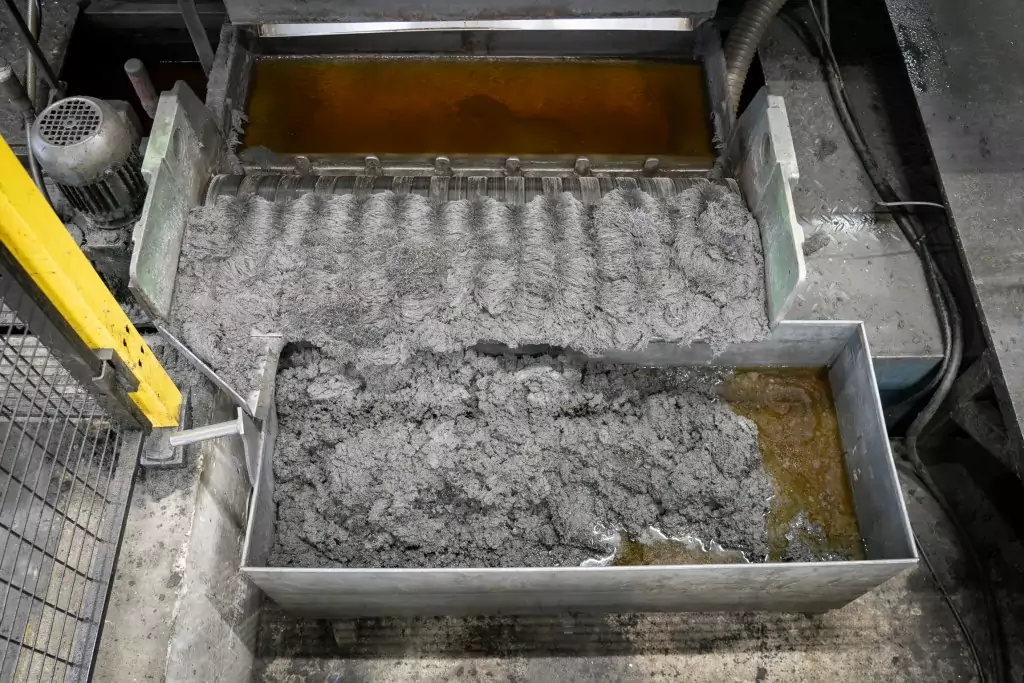
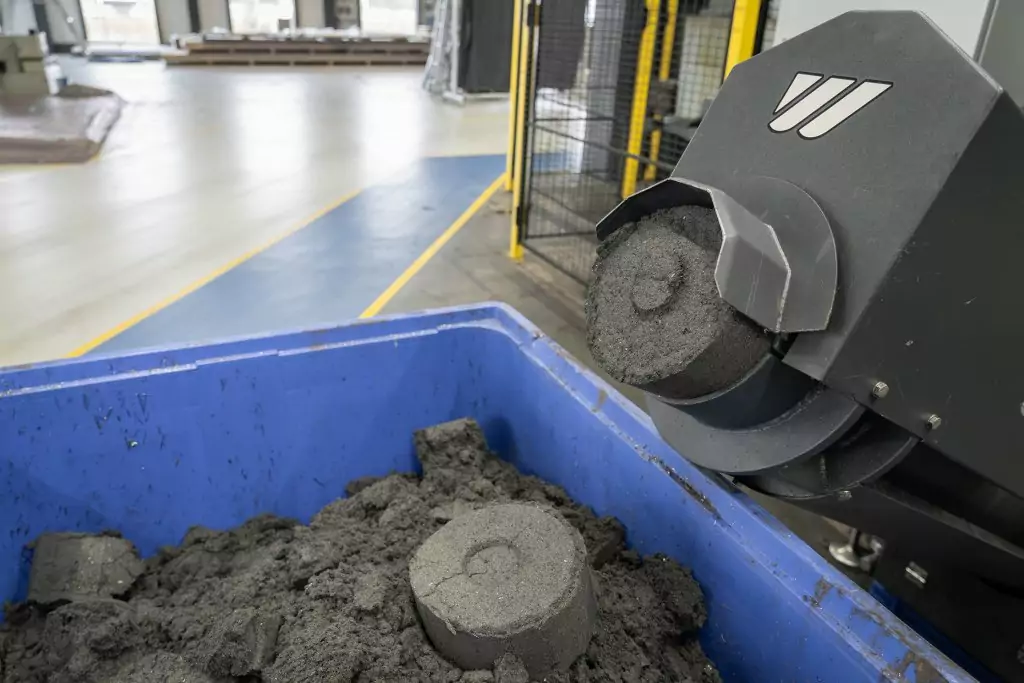
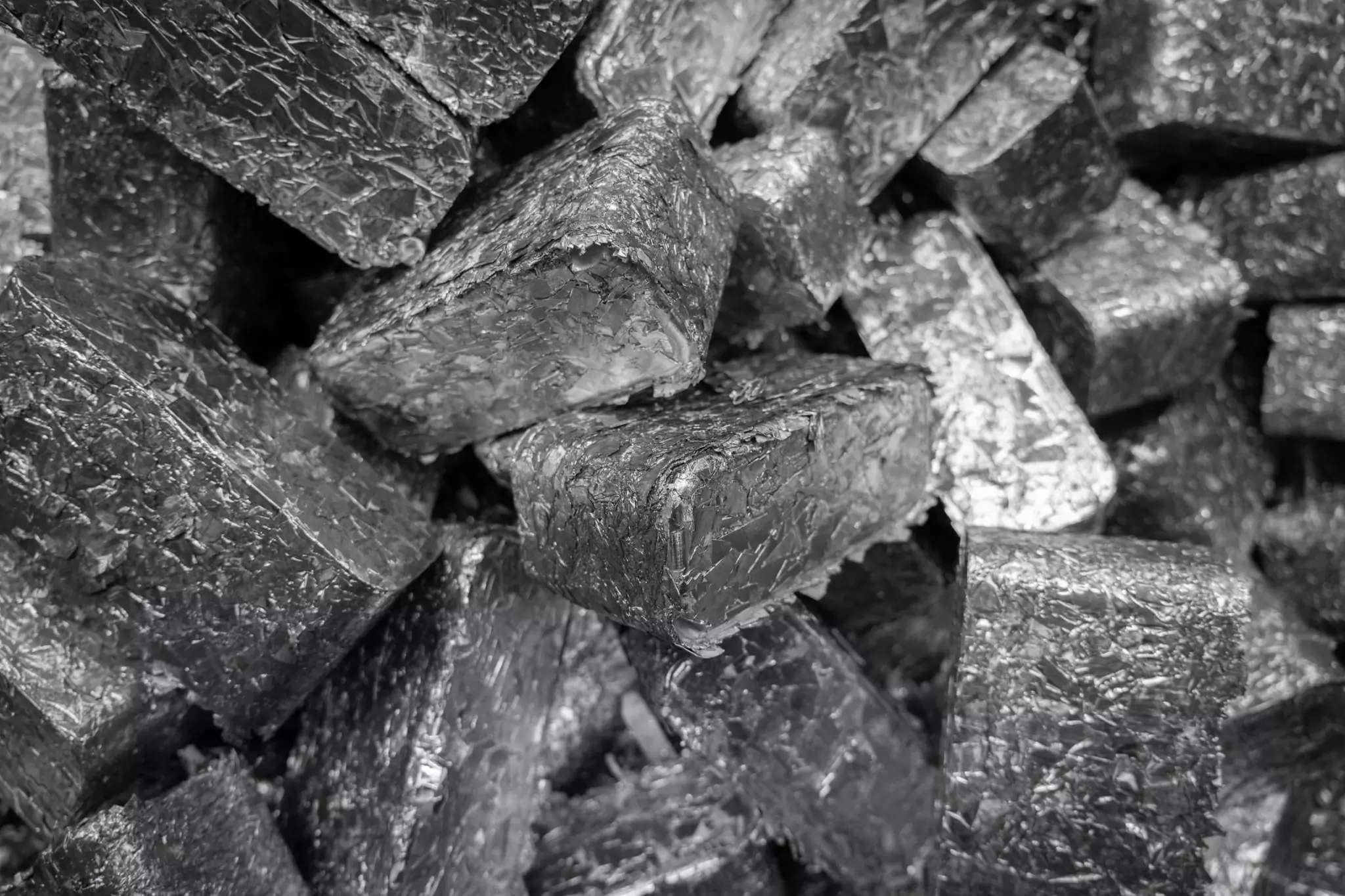
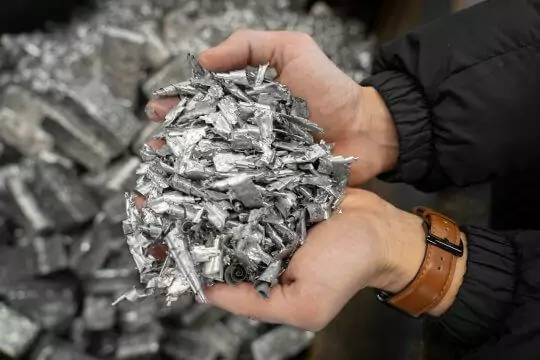
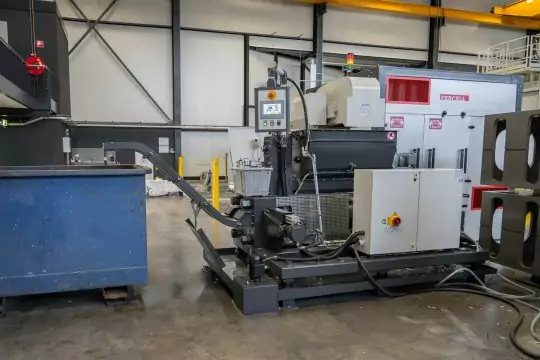



Comments